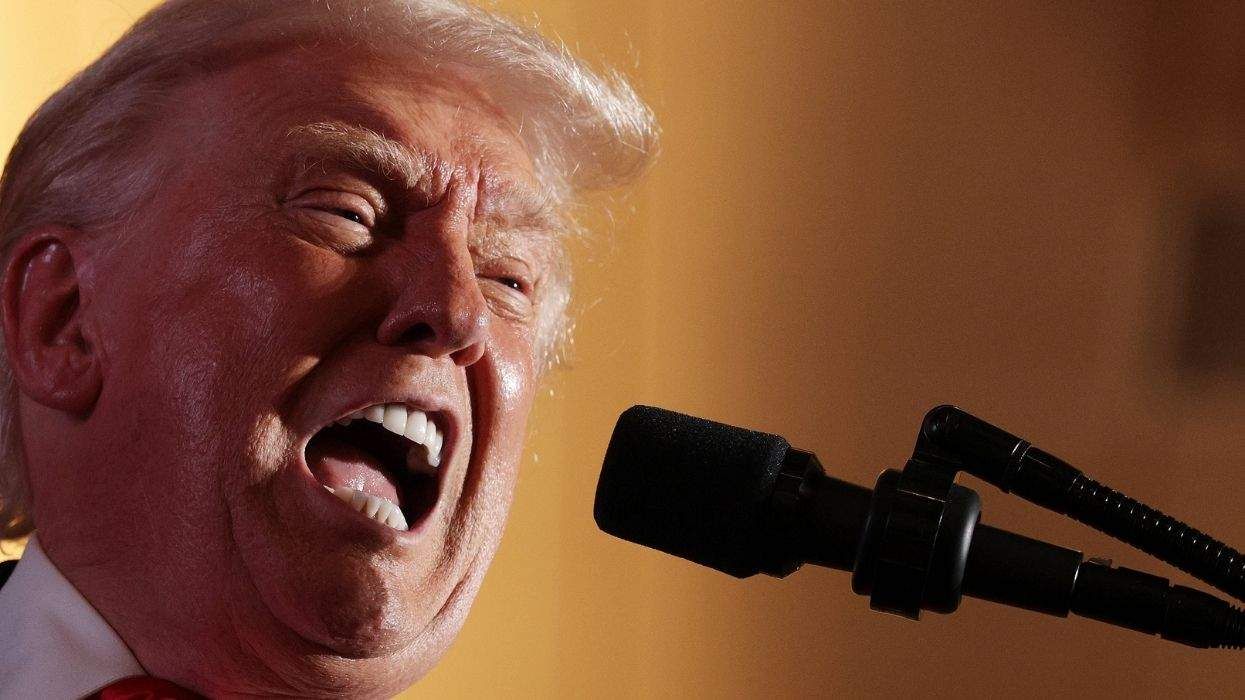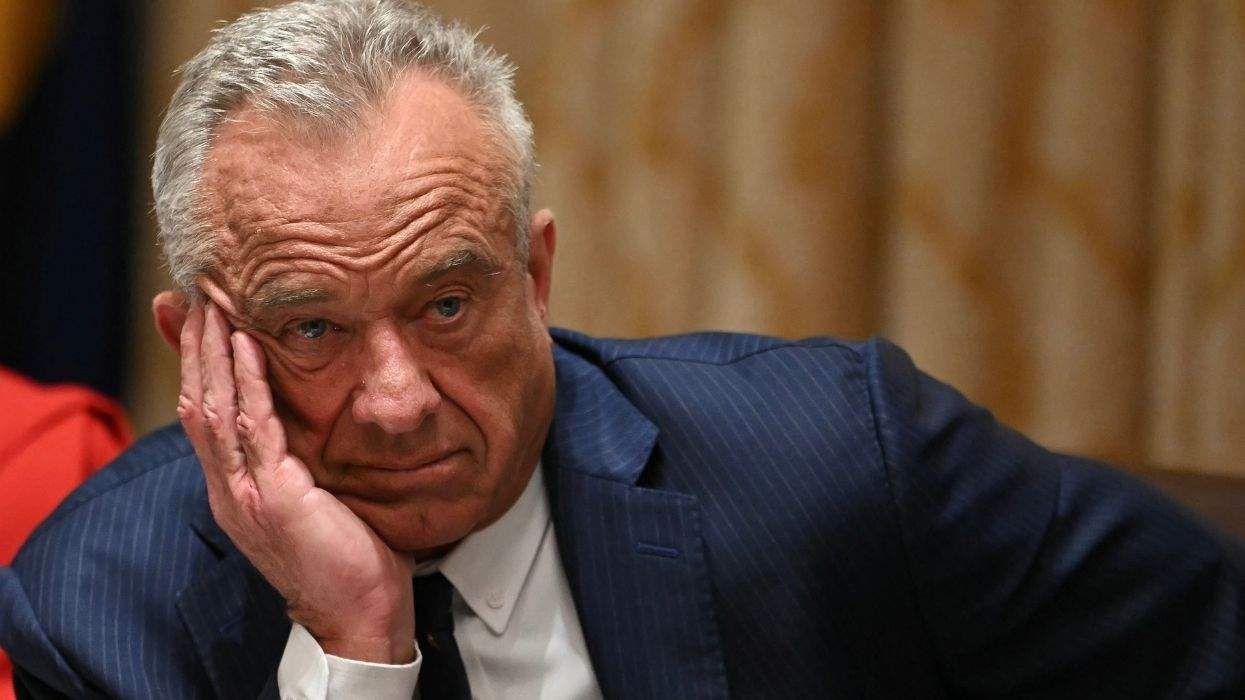In the latest round of arrests Monday, 17 Russian citizens in the country's second largest city were stopped from displaying rainbow flags, rainbow suspenders, and other rainbow insignias.
The arrests were made in St. Petersburg under the city's new law, which bans any display of so-called gay "propaganda," public discussion of homosexuality, transgender people or bisexuality. Any display of homosexual conduct that could potentially be seen by minors is also banned.
Those arrested today, who were participating in the annual Russian May Day march, were selected specifically from the more than 400 marchers in the Democratic section of the parade. None were formally charged with violating the "propaganda" law. Instead, after being detained for seven hours, the protestors were charged with violating administrative codes about non-compliance with police and participation in illegal demonstrations.
Polina Savchenko, head of LGBT organization Coming Out, notes that the law is being used to silence speech by exploiting government processes. "The fact that only LGBT rights supporters were detained today is proof the law is working perfectly as it was intended," Savchenko said. "Its goal is to stop any public LGBT rights activity. Police will use the 'propaganda' argument to stop any action and detain its participants. The subsequent court hearings and judgments are immaterial."
In related news, The Moscow Timesreported last week that the local Moscow legislature has been working in committee on its own version of the St. Petersburg law. According to the Russian news agency, an ironic bit of fairness is being considered for the new bill. Deputies from inside the discussion have said that Moscow's bill would ban all sexual "propaganda," not just that about homosexuality.
The suggestion, introduced by City Duma speaker Vladimir Platonov on Monday, is an attempt to shield Russia's children not only from alleged homosexual perversion, but also from the mention of any sexual content.
"If we talk about the simple writing of the law, it would be possible to limit distribution of the material and harvest already-existing experience," Plantonov said in a statement, adding that his quest won't stop in Moscow. He also intends to "address to the Federation Council in order to prepare a good federal legislative initiative that would protect minors from all the negative information."




































































Charlie Kirk DID say stoning gay people was the 'perfect law' — and these other heinous quotes